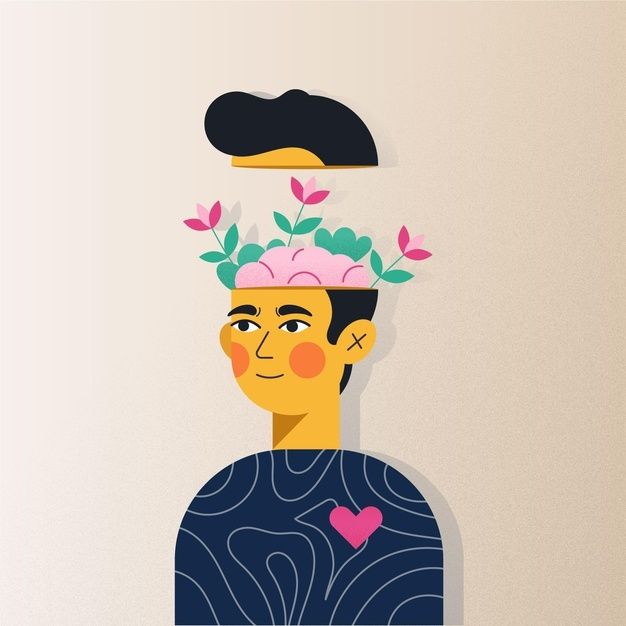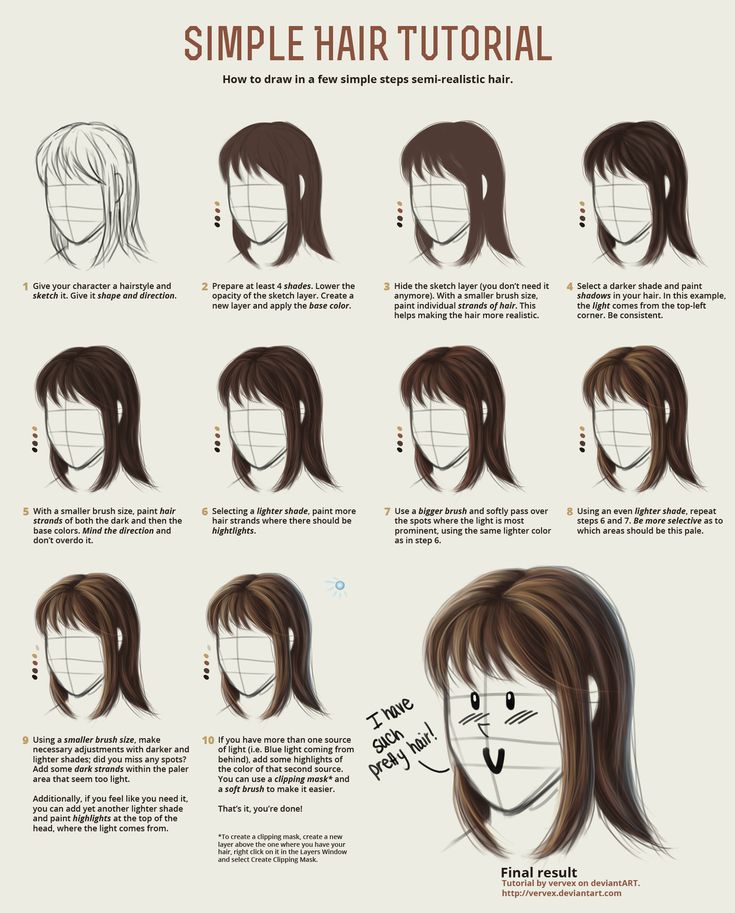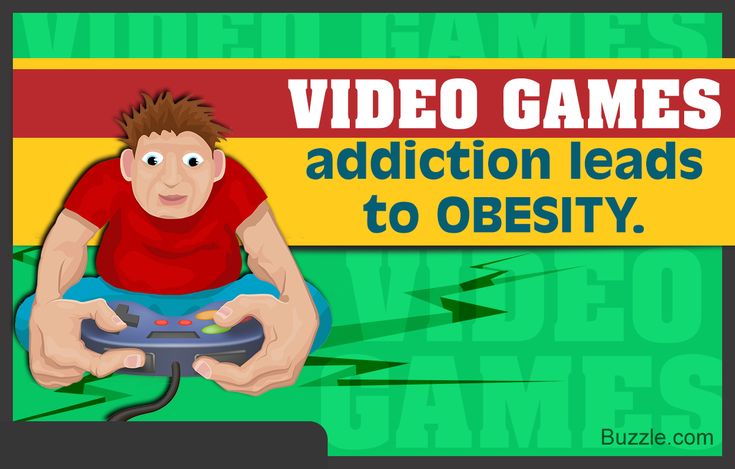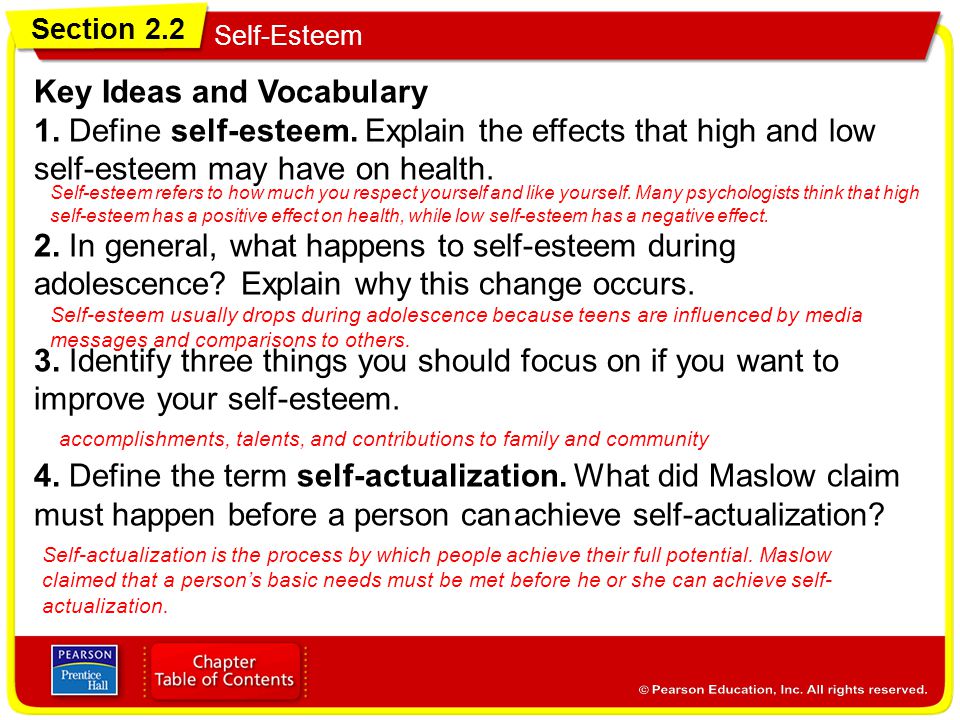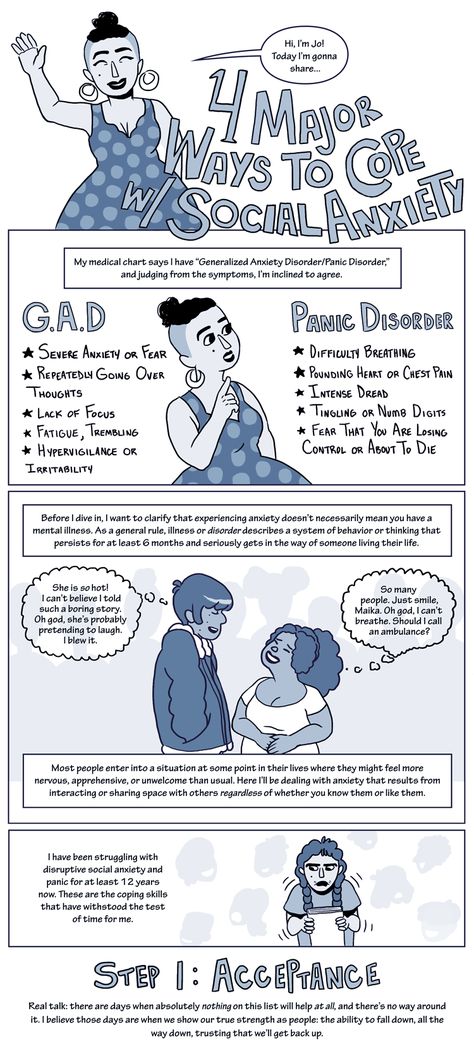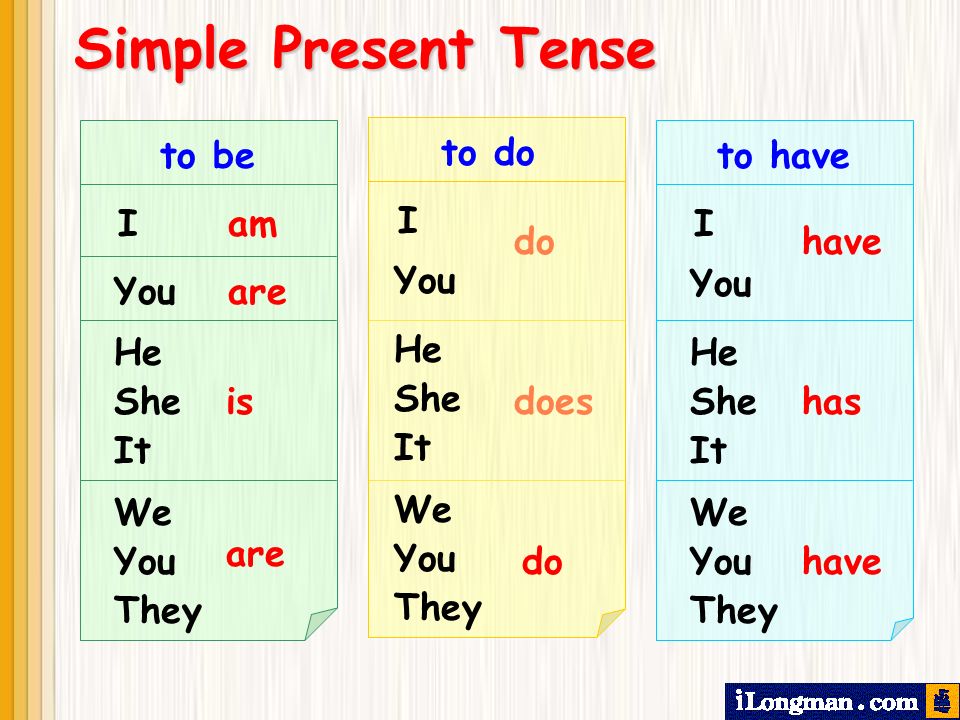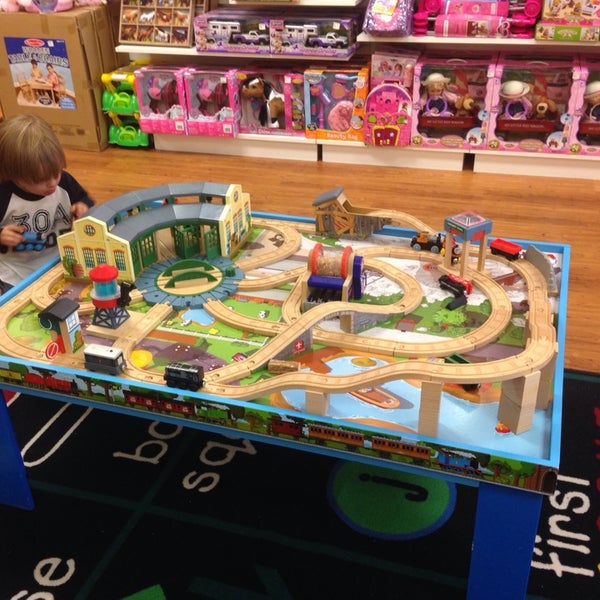Lessons from high school
11 Things I Learned in High School
Yikes. It’s time for my 20-year high-school reunion. I have the wrinkles and the gray hair to prove it. Although I look back and snicker at all the keg parties I threw at my house when my mom was away, and how I always seemed to pass out in someone’s closet, what I remember most were the wise words of a few teachers who took me under their wing and asked me to probe deeper … to think long and hard about who I wanted to be when I grew up. I’m still not totally sure, but here are some of the nuggets I most appreciate.
1. Act as if you belong.
In 12-step support groups this means “fake it til you make it.” I just remember being incorrectly placed in an honors class. I sat there next to Tony M., a fellow average-intelligence classmate who I recently hooked up with on Facebook, wondering what language everyone was speaking. And Tony reminded me that by acting as though we belonged, we fooled Mr. Troha into giving us A’s!
2. Today can be the beginning of a new life.
My senior year, a few teachers pulled me aside and challenged me on my self-destructive behavior involving alcohol. Apparently some stories about the Homecoming dance had made it back to them. “What’s going on?” one religion teacher asked me. It prompted me to ask the hard questions and confront my alcohol addiction. I remember sitting up in bed one evening that year wondering if the decision to abstain from alcohol that day would really influence the rest of my life. Twenty years later, I can confidently answer that question: absolutely.
3. Never lose your sense of humor.
Humor is by far my strongest ally in the fight against negative thinking and despair. I try to remind myself daily of what G.K. Chesterton said, “Angels can fly because they take themselves lightly.”
4. Success is 99 percent sweat, one percent talent.
Take it from this girl who didn’t break 1,000 on her SATs.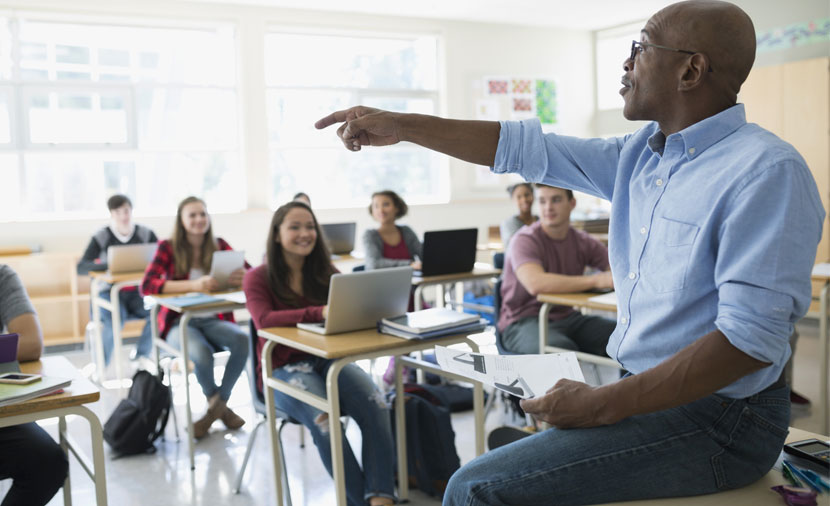 Perseverance. That’s all you need. Just as the Japanese proverb says, “Fall seven times, get up eight.” Or an anonymous saying “The greatest oak was once a little nut who held its ground.”
Perseverance. That’s all you need. Just as the Japanese proverb says, “Fall seven times, get up eight.” Or an anonymous saying “The greatest oak was once a little nut who held its ground.”
5. Gratitude and kindness will open many doors for you.
My dad taught me this one. As a very savvy business man, he stressed the importance of “thank you” notes, and expressions of appreciation, especially to the gatekeepers like the assistants to the publishers you want to publish your book. A little kindness to her will get you in the door.
6. Compare and despair.
Something to keep in mind: you never know the whole story on people you envy, so try not to compare your insides with another person’s outsides. I can confidently say that it will never lead to peace.
7. Give back.
Gandhi once wrote that “the quickest way to find yourself is to lose yourself in the service of others.” The only surest way out of my pain has been to box it up, sort through it, and figure out how it might help someone else.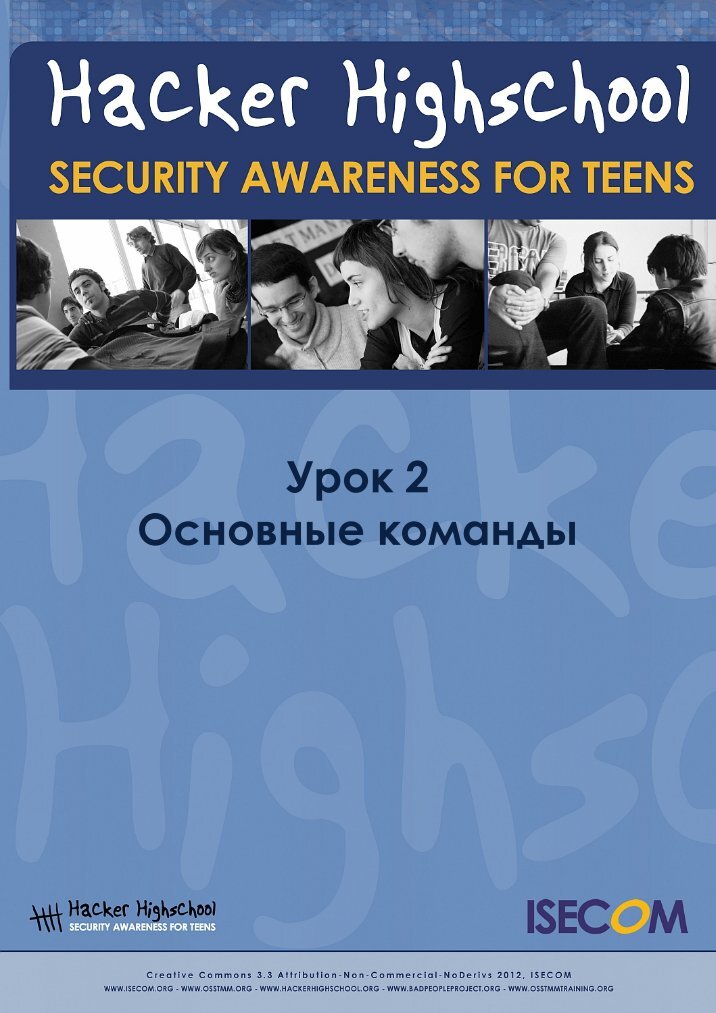
8. Peer pressure never goes away.
Your friends influence you more than you think. Studies show that folks who hang out with optimists become optimists themselves; folks who hang out with cheating couples are more inclined to cheat. So choose your pals wisely.
9. Ask for help when you need it.
I did that for the first time when I was a senior in high school, and I’ve been doing it ever since.
10. Be yourself.
Anna Quindlen writes in her small giftbook “Being Perfect” that “Nothing important or meaningful or beautiful or interesting ever came out of imitations. Perfection is static, even boring. Your unvarnished self is what is wanted.”
11. Forget about perfection.
Leonard Cohen writes in the lyrics to his song, “Anthem,” that there is a crack in everything, that’s how the light gets in.
» Also check out, 9 More Things I Learned in High School!
10 Lessons I’ve Learned In High School – Darlingtonian
Anna Claire Atha, Reporter
May 11, 2017
- Control what you can control
Instead of constantly trying to control everything that happens in your life just “roll with the punches. ” Bad things are going to happen, handle the situations with grace and maturity, but don’t try and change the things that you simply can’t change. Trying to do this will be a waste of energy and time. You can control the effort you put into your schoolwork, how hard you work on the athletic field, and how loud you sing in the chorus. Focus on those things.
” Bad things are going to happen, handle the situations with grace and maturity, but don’t try and change the things that you simply can’t change. Trying to do this will be a waste of energy and time. You can control the effort you put into your schoolwork, how hard you work on the athletic field, and how loud you sing in the chorus. Focus on those things. - Try new things
Don’t be afraid to try different things. Darlington is full of so many opportunities that aren’t offered in many places- take advantage of that. Be a leader in the dorm. Participate in the Winter Musical. Step out of your comfort zone. Don’t miss out in finding a new passion because you fear change. - Be open to new ideas
Open your mind to new ideas and perspectives. Even if you don’t agree, allow others to voice their opinions and try to understand where they are coming from before disagreeing. Listening to others ideas can you make you so much more knowledgeable about so many different things.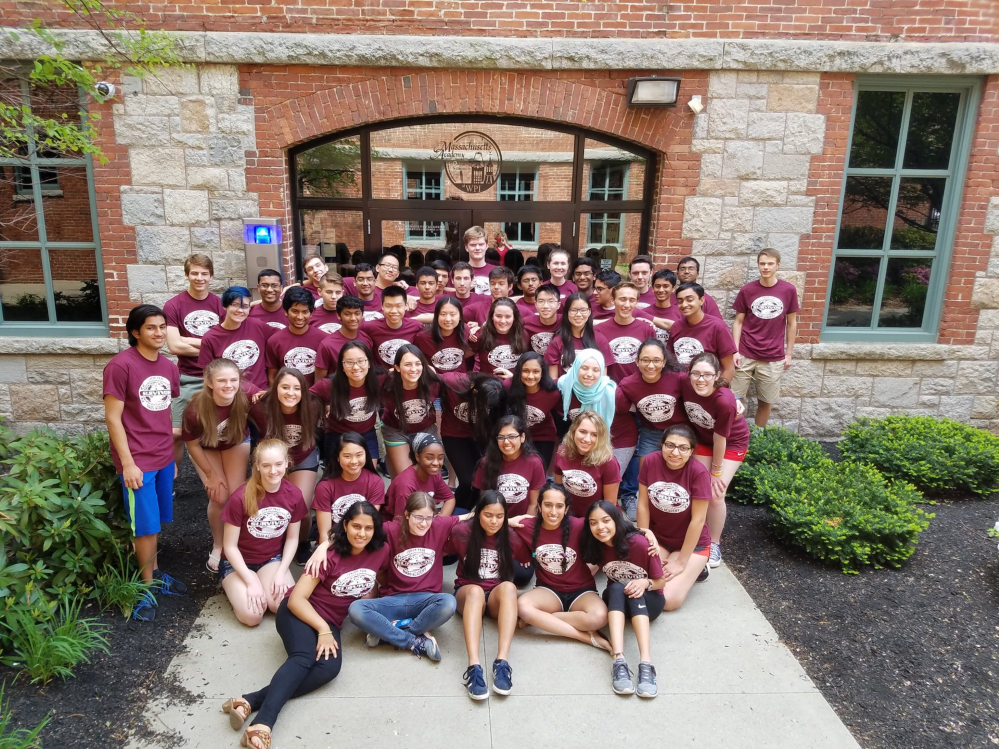
- Spend time with your family
Time spent with family is not a burden, it is a blessing and the sooner you learn this, the better. Looking back, most of my most cherished memories from high school are the ones where I have been surrounded by my family. Your aunts, uncles, grandparents and parents are wise- soak in their advice and learn from their experiences. Spending time with family is not “uncool,” take advantage of your last few years at home with the ones who love and care about you the most. - Worry less about trivial things
In the grand scheme of things, the failed pop quiz or the demerit for your shirt being untucked do not matter. Do not spend your time worrying about the little things. If you make a mistake, learn from it and let it go. Dwelling on the little things will take your eyes off of your major goals. Keep your eyes on what really matters. - Be true to yourself
Do what you want to do, play the sport you want to play and most importantly, follow your heart.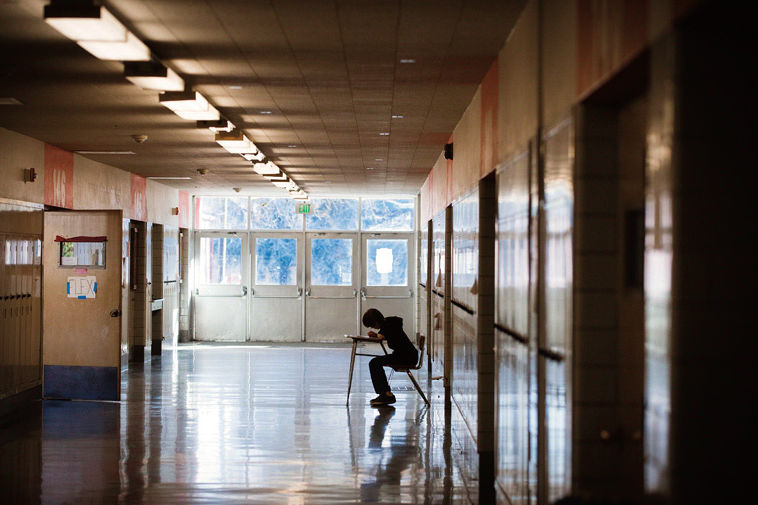 Don’t concern yourself with what your parents want you to do or what your friends are telling you to do- do what makes you happy. Life is too short to not follow your heart, and high school is the perfect time to do this.
Don’t concern yourself with what your parents want you to do or what your friends are telling you to do- do what makes you happy. Life is too short to not follow your heart, and high school is the perfect time to do this. - Challenge yourself
Do not be afraid of failing. Take risks. Nothing great happens inside of your comfort zone. Take an AP course that challenges you. Accept a larger role on your team. Try out for the lead role in the play. Challenging yourself will really help you find out what you’re good at and what you’re made of. - Have fun
Don’t worry about how silly you look or what people think of you, enjoy high school and have fun. Participate in lip-sync at Rumpus. Paint your face and be a bleacher creature. Attend the mixers and dances. Soak in every opportunity that Darlington provides and have fun doing it. - Steer clear of gossip
Gossip never results in anything that isn’t ugly. Don’t talk about others and don’t spread rumors about others.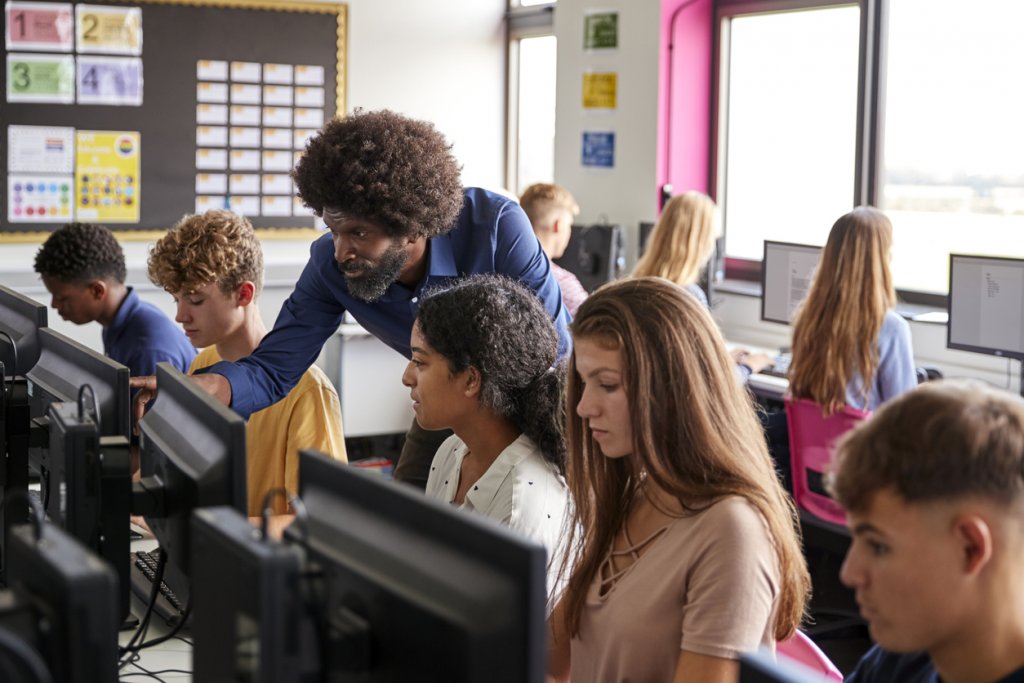 Avoiding drama and gossip will make high school 1000x better.
Avoiding drama and gossip will make high school 1000x better. - Don’t follow the crowd
This one is so important. Be your own person and stick to your identity. Don’t do something that you will regret because you are trying to impress a group of people. Don’t not do something that you enjoy because you are afraid what others might think. Your true friends will love you and stick with you no matter what you are involved in or not involved in.
You will wind up at the college you are supposed to be at, don’t spend your 4 years concerned only with that. Remember that it is a blessing to be at a place like Darlington. Soak up every moment because it will truly be over before you know it.
One day high school student
40 hours per week is the student's working time.
8 hours a day.
It's not just lessons.
Time is divided into four equal parts.
1. Workshops on subjects.
It's a bit like a lesson: the whole class, one teacher, the program of the course.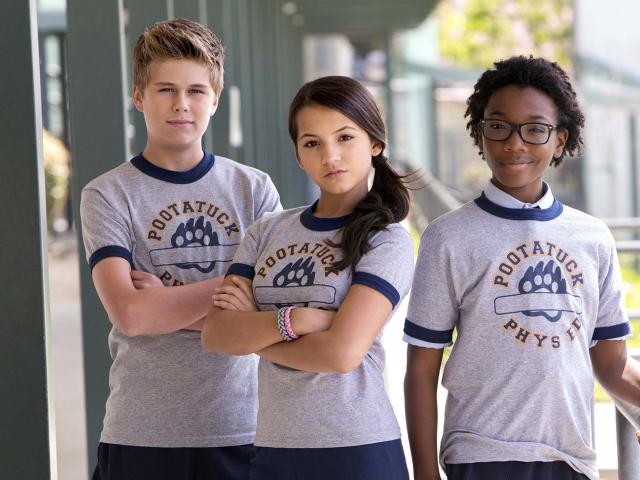
But we are not talking about the literal implementation of the Program.
These are various interesting things that the teacher does with the children.
This is a program compiled by a teacher who anticipates children's interest.
Or compiled together with students.
We can do what we are interested in - but within the scope of the subject.
The teacher is free within the program, usually for a year.
Standards must be met. But "how" is up to the teacher.
In the last week of the quarter - the presentation of masterpieces.
For elementary school students, high school students, parents.
This is not very similar to the usual lessons.
There is no dry explanation and learning of algorithms.
There are many experiments, experiments, demonstrations, videos.
And bright stories of the teacher, addressed to the heart of the student.
There are no monologues at the blackboard and contemplation of the wall.
There is work: group and individual.
Because well-organized work does not tire, but brings joy.
There are no endless repetitions and answers to leading questions.
There is an opportunity to ask yourself, not to understand, to be surprised.
Because without this there will be no real thinking.
This is rather not a lesson, but a Workshop. As in a medieval workshop, the master passes the secret of the craft to the student: he works together with him, teaches not in words - but in practice, and the result is the first independent work of the student - his masterpiece.
Not many lessons, maybe two lessons a day.
But a lesson is just one of the forms of work.
The result does not depend on the number of classroom hours, but on the involvement of the student.
Continuation of the lessons will be on Independent work.
And if the teacher manages to really captivate (involve) the student, then at the Special Courses.
In some subjects there are strata - multi-level groups.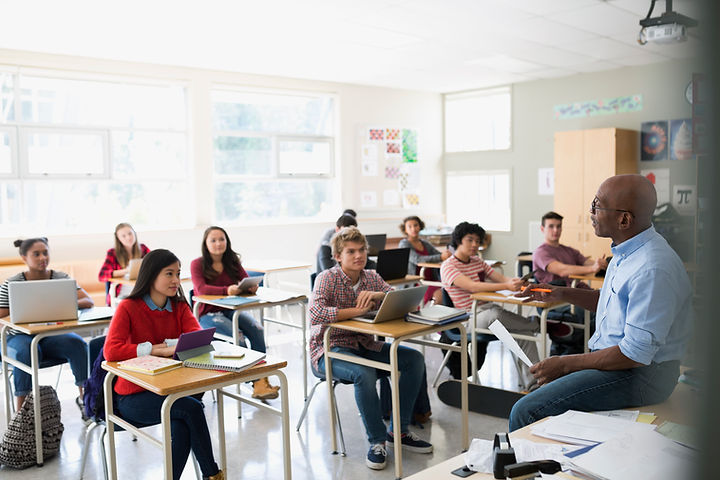
In English - from grade 5.
Mathematics and Russian - from grades 7-8.
2. Independent work.
This is what used to be considered homework.
Done at school, teacher helps.
The volume and complexity of the work is determined by the student.
How?
Each teacher offers an assignment for independent work.
In mathematics - a certain number of tasks of different levels of complexity.
In Russian - exercises.
In English - exercises (written and oral), incl. computer programs.
In history, natural science - work with books, computer programs, video films.
Difference from self-training: SP is perceived as a duty - the teacher asked.
It's different here: I chose this job myself.
Children are different: there are “strong”, there are “losers”.
But everyone wants to be successful - that is, to be in time!
Three operating modes are therefore offered.
Level 1 - Green level . These are simple tasks, correlated with the school "troika", the implementation of which is available to every student.
These are simple tasks, correlated with the school "troika", the implementation of which is available to every student.
Level 2 - Yellow level . Obviously, this is a school "four".
3rd level - Red level . Five and up.
The program is an unpaved highway where cars race.
Rather, these are separate paths.
Everyone has their own way of passing the program.
Tasks of three colors - this is dictated not only by "care for the weak"
But also care for the "strong" - who are bored and have nothing to do.
Self-study lessons are held in the Library or Computer Lab.
Library - shelving with great books.
Computer class - dozens of programs for each subject.
Two hours a day for Independent Work Lessons.
Two hours of calm, concentrated work.
As a rule, one hour - in the library, one hour - on the computer.
Everyone does their own thing.
If you don't understand, you can raise your hand - the teacher will do.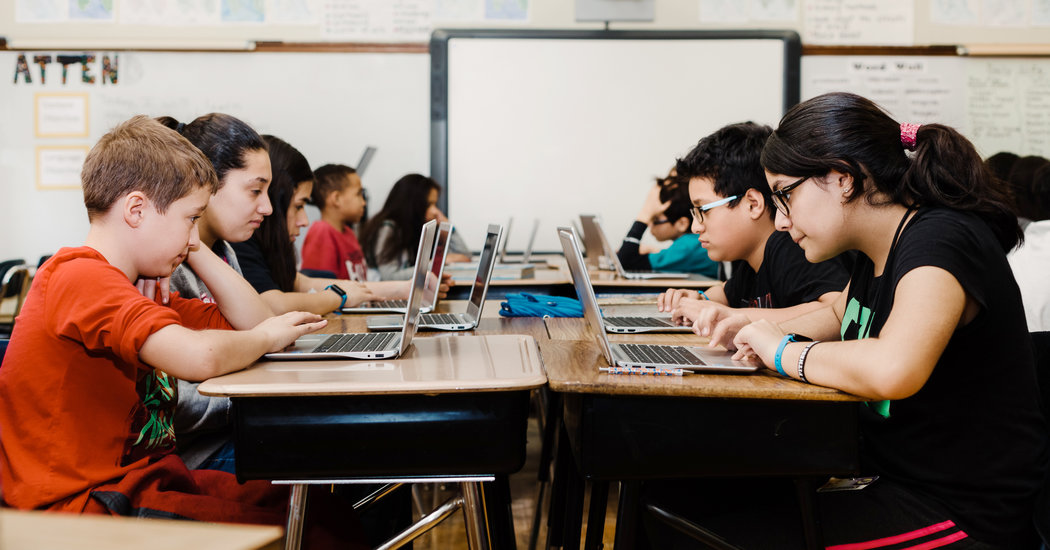
It's the only way to learn anything.
Two hours a day, 10 hours a week.
I am a student – I can plan this work myself!
What will I do?
2 hours - mathematics, 3 hours - Russian language, 1 hour - English, 2 hours - biology...
Depending on my problems (ie grades) and my interests.
Children are different: some want to study English more, others want to study biology.
10 hours of work according to individual plans - of course, this is unusual.
For children, and to a greater extent - for their parents.
You can move towards the goal slowly.
At first, there is no choice - the whole class goes to the lesson.
Freedom - in exchange for the ability to work independently!
"Free" - the right to plan the work for these 10 hours - based on the results of the quarter.
If you have more fives than fours, you plan your self-study yourself.
A real incentive to learn.
But, "freestyle" can be given to C students as well.
Ultimately, it's up to the parents to decide.
3. Special courses.
The special course is the window of the school.
Or a window open to the outside.
Because there, outside, the real children's interest lives.
The child comes to school with his own questions and interests.
The program of special courses is built around this.
Someone interested in knowing why the dinosaurs died out - here is the film and books.
Or take up the history of fashion - here are the books and the film.
Or read a book, not necessarily according to the program.
Or write: poems, stories, novels, newspaper articles.
Or puzzle over puzzles
Or do experiments in chemistry, fly a model helicopter, look at insects through a microscope, stars through a telescope.
Here it is - the beginning of all knowledge.
Childish curiosity.
And desire.
How to organize this chaos?
Fifteen screaming kids, half of whom don't know what interests them in life.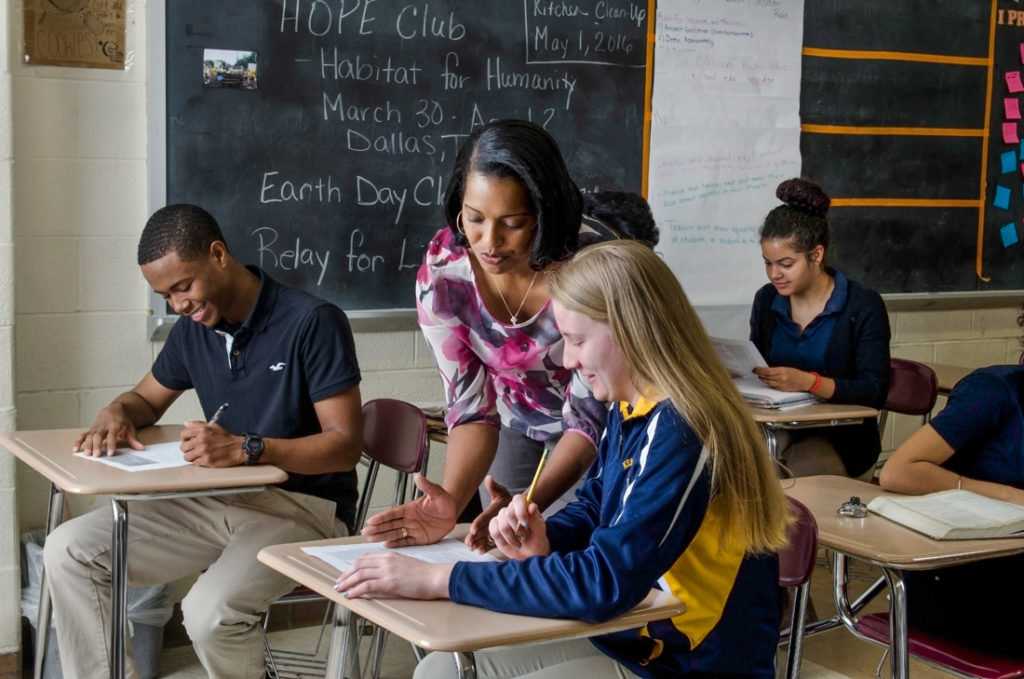
Can one teacher cover everything?
Several teachers work at the same time - usually 4 people.
Several classes are combined, and each student chooses a leader.
The choice is made for a quarter.
A student within the framework of a large topic can propose his own topic of work.
The result is a performance in front of students of another class, the defense of one's "masterpiece".
A lesson for elementary school students!
Everyone wants.
Special courses in 5th, 6th, 7th grade - this is Free Flight.
A student fills out a "Circle of Interest" questionnaire - what I want to know, what to learn...
Teachers collect questionnaires and think about how to organize it all.
No Program exists.
The child comes to the Workshop with his own questions - we work with this.
Special courses in senior classes are seminars, elective courses.
There is a definite program for a quarter, sometimes for a year.
Simultaneously 4 special courses: humanities, natural sciences, mathematics, foreign languages.
Who has a "troika" in mathematics or Russian - instead of one special course per week, additional classes.
4. Art and physical education.
Physical education is compulsory for all (1 hour per day).
Arts - optional.
Drawing, theater studio, pottery, manual labor, music - the student chooses where he goes.
Student's working day:
2 hours - lessons (workshops)
2 hours - independent work
2 hours - special courses
2 hours - physical education and studios.
The clock sequence may vary.
Ideally, the day starts with special courses.
This main activity is the topic of the day.
Then - independent work.
joint venture - work that requires dedication and composure.
At the end of the day, this would be impossible.
Third couple - lessons
Fourth - studios and sports.
Tutor for secondary school students from grades 5 to 9 at the online school Uchi.
 Doma. The first lesson is free
Doma. The first lesson is free English
Lessons will help students overcome the language barrier. In the classroom, we will learn new vocabulary, learn how to form words with the help of suffixes and prefixes. After the course, the child will be able to hear and analyze English speech, understand the main idea of the audio text, conduct a dialogue in English, and also learn how to fill out a profile on websites, write articles and blog.
Mathematics
The lessons will help students overcome the language barrier. In the classroom, we will learn new vocabulary, learn how to form words with the help of suffixes and prefixes. After the course, the child will be able to hear and analyze English speech, understand the main idea of the audio text, conduct a dialogue in English, and also learn how to fill out a profile on websites, write articles and blog.
Russian language
Lessons will help students overcome the language barrier.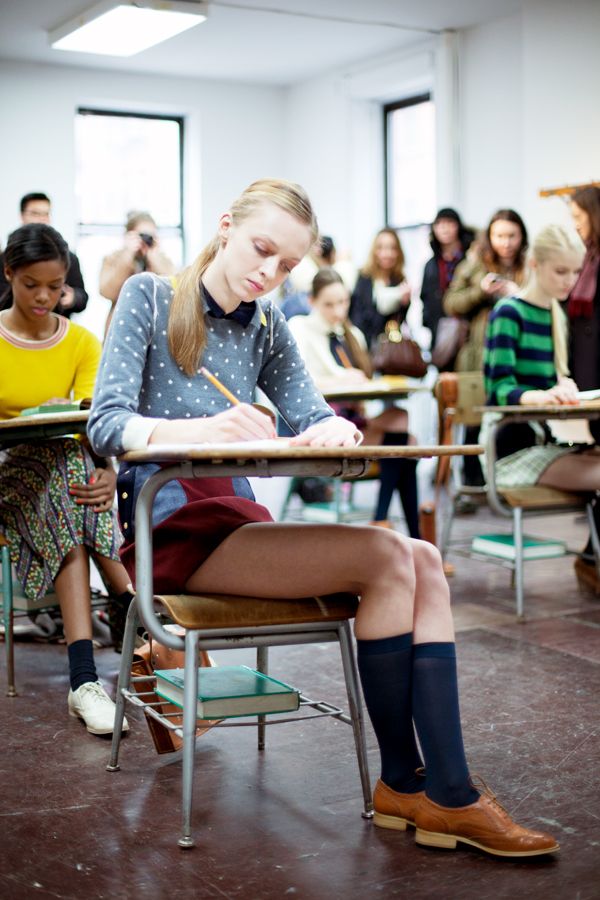 In the classroom, we will learn new vocabulary, learn how to form words with the help of suffixes and prefixes. After the course, the child will be able to hear and analyze English speech, understand the main idea of the audio text, conduct a dialogue in English, and also learn how to fill out a profile on websites, write articles and blog.
In the classroom, we will learn new vocabulary, learn how to form words with the help of suffixes and prefixes. After the course, the child will be able to hear and analyze English speech, understand the main idea of the audio text, conduct a dialogue in English, and also learn how to fill out a profile on websites, write articles and blog.
Biology
The lessons will help students overcome the language barrier. In the classroom, we will learn new vocabulary, learn how to form words with the help of suffixes and prefixes. After the course, the child will be able to hear and analyze English speech, understand the main idea of the audio text, conduct a dialogue in English, and also learn how to fill out a profile on websites, write articles and blog.
The lessons will help students overcome the language barrier. In the classroom, we will learn new vocabulary, learn how to form words with the help of suffixes and prefixes. After the course, the child will be able to hear and analyze English speech, understand the main idea of the audio text, conduct a dialogue in English, and also learn how to fill out a profile on websites, write articles and blog.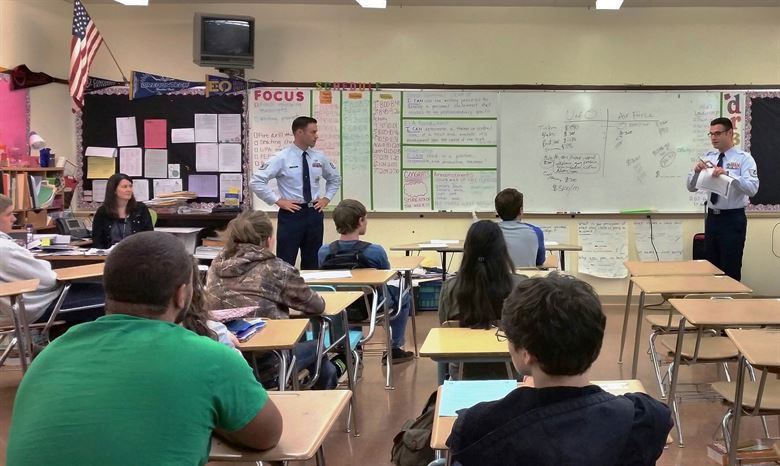
Physics
The lessons will help students overcome the language barrier. In the classroom, we will learn new vocabulary, learn how to form words with the help of suffixes and prefixes. After the course, the child will be able to hear and analyze English speech, understand the main idea of the audio text, conduct a dialogue in English, and also learn how to fill out a profile on websites, write articles and blog.
History
The lessons will help students overcome the language barrier. In the classroom, we will learn new vocabulary, learn how to form words with the help of suffixes and prefixes. After the course, the child will be able to hear and analyze English speech, understand the main idea of the audio text, conduct a dialogue in English, and also learn how to fill out a profile on websites, write articles and blog.
Social studies
Lessons will help students overcome the language barrier.
